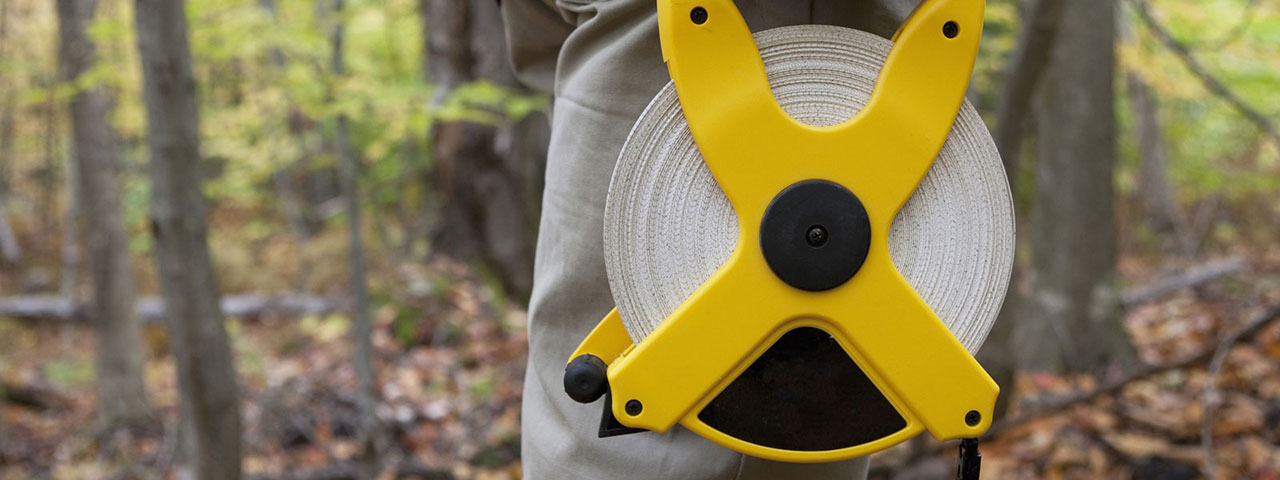
To make it as a geographer, you must love to travel and have a sense of adventure. And by travel, we're not talking about the Hilton or Holiday Inn: You could find yourself in the Amazon jungle, the middle of the Pacific Ocean, or the mountains of Siberia for weeks at a time. Because they've got the challenging task of understanding the world as a whole, geographers have an intense list of responsibilities. Using field notes, photos, maps, and satellite images, they study the physical features of the Earth, its inhabitants, and how they relate to each other. They may also be asked to give presentations or write reports about how their findings affect the environment, public health, politics, or economics. Although many geographers work for the government, if you want to snag a position at a university or research firm, you'll probably need to pursue a master's degree. With this job, bragging rights come with a price.
The Details
Some geographers study the environmental impact that large-scale projects will have on surrounding ecosystems. They also analyze weather patterns to try to predict future events.
Created by the National Geographic Society, National Geographic magazine is published in 32 languages and boasts more than 50 million readers each month around the globe.






